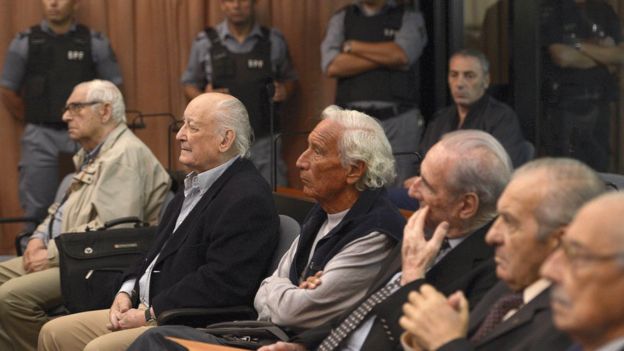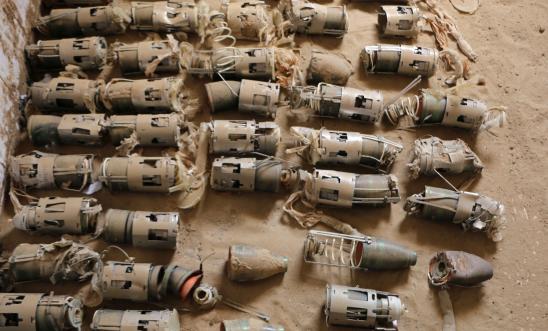27 May 2016 – A US criminal grand jury has been convened to examine the involvement of Denis Katsyv, son of Russian government official Petr Katsyv, in the US$230 million fraud uncovered by Sergei Magnitsky. In 2008, Prevezon, a Cyprus-based company owned by Denis Katsyv, received funds traced by the US Department of Justice and the Swiss General Prosecutor’s office to the US$230 million fraud uncovered by Sergei Magnitsky.
Since September 2013, Denis Katsyv’s companies have been subject to a U.S. civil forfeiture case brought by the US Department of Justice for money laundering. Under that case the US government has frozen $14 million of assets belonging to Katsyv’s companies.
“The defendants [companies owned by Denis Katsvy] were involved in the laundering of the proceeds of the Russian fraud, which itself amounts to an elaborate series of criminal offences,” said US Justice Department in its court filing in New York.
“It is …entirely proper for the grand jury to investigate whether the defendants [Katsyv’s companies], who received proceeds from the fraud, were involved in it,” said the US Department of Justice.
A Criminal Grand jury is a form of criminal investigation in the United States used to determine whether criminal charges should be brought against potential defendants.
Previously, Katsyv’s companies tried to challenge the US and Swiss asset freezing orders, but courts in the US and Switzerland denied those motions and confirmed that the freezing was justified.
The wire transfers to Prevezon from the $230 million fraud uncovered by Sergei Magnitsky showed highly unusual payments. Prevezon disguised incoming payments for “sanitary equipment” and “auto parts,” which were supposed to be supplied but never delivered because Prevezon was in fact a real estate company.
According to the US Department of Justice, the falsified contracts used to justify Prevezon’s incoming wire transfers claimed that Prevezon was supposed to deliver 500 acrylic bath sets under the brand name “Doctor Jet,” manufactured in Sicilia, Italy, with dimensions of 190 x 120/95 x 65, to two shell companies in Moldova which did not do any legitimate business and never in fact purchased the bath sets.
Prevezon explained these suspicious wire transfers to the US Court stating that an agreement existed between its Russian director, a student named Timofei Krit, and “investor Petrov,” and denied knowledge of false wire descriptions.
However, during its investigation, the US Justice Department identified further false and questionable wire transfers to Prevezon from companies in Belize, BVI, etc. for an additional amount of US$2 million. These wire transfers were similarly disguised as payments for computers, video, home equipment, etc. that again were never delivered.
Previously, Denis Katsyv’s firm Martash paid US$8 million under the 2005 money laundering case by the State of Israel.
Denis Katsyv’s father, Petr Katsyv, has been Vice President of OAO Russian Railways, a state transportation monopoly, since 2014. Before that, he was Vice Premier of the Government and Transportation Minister in the Moscow Region. Contracts with Moscow Region’s government structures supported the business of his son, Denis Katsyv.
Similarly, Denis Katsyv’s Russian lawyer Natalia Veselnitskaya developed her business in part on contracts with Moscow government agencies, where her husband is Deputy Minister of Transportation (and was deputy to Katsyv senior during his time as Minister of Transportation), and previously, between 1984 – 2000 was official within the Moscow Region’s Prosecutor’s Office.
According to court filings, Petr Katsyv was previously in contact with the FBI to provide information on Russian organized crime but withdrew his proposal, when he was informed by the US authorities that his cooperation would not help settle the money laundering and civil forfeiture case by the US Justice Department pending in the Southern District Court of New York.
Sergei Magnitsky, who uncovered the US$230 million fraud and testified about the complicity of Russian officials in it, was tortured and killed in Russian police custody at the age of 37. The unprecedented events of this case are described in the New-York Timesbest-seller by William Browder, leader of global ‘Justice for Sergei Magnitsky’ campaign, called “Red Notice. How I Became Putin’s No 1 Enemy,” and in a series of justice campaign videos on Youtube channel “Russian Untouchables.”
For more information, please contact:
Justice for Sergei Magnitsky
e-mail: info@lawandorderinrussia.org



